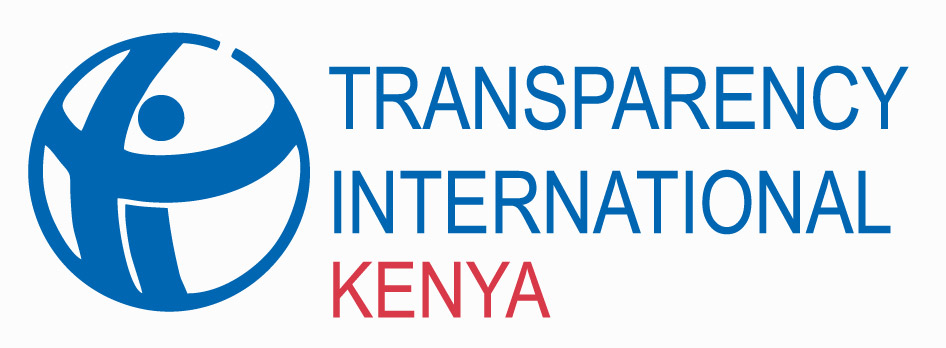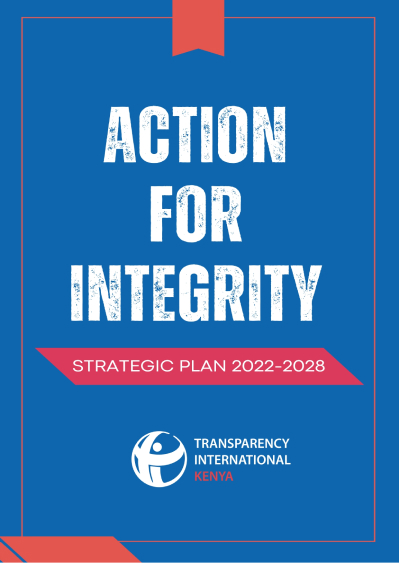By Eric Kinaga
When the Auditor General Edward Ouko released audit reports for all 47 counties for the financial year 2017/18 early this year, something was different. Makueni and Nyandarua county executives received unqualified opinions, which translates to a clean bill of health.
Until this year, counties had been unable to properly maintain their books. As a result, none of the counties had ever received an unqualified opinion since their establishment in 2013. The reasons behind qualification of most audit reports vary. Some are related to capacity, or systemic weaknesses, while others are blatant attempts at violating the regulations governing public finance management.
When the counties came into being, most of them did not have in place audit committees or functional internal audit departments, whose mandate is to advise the county administration on prudent use of public resources, ahead of the constitutional audit undertaken by the Auditor General as enshrined in the Constitution.
Admittedly, most counties have since improved, with a good number of them establishing audit committees and internal audit departments. However, the perennial issue related to illegal allowances continues to erode the gains made so far.
At the national level, the picture is not any different. A cursory look at the audit reports paints an even grimmer picture. For instance, ministries and government agencies are reportedly unable to account for more than Sh160 billion cumulatively since 2010.
Specifically, the Ministry of Health could not account for over Sh28 billion. Assuming that this money is lost, the opportunity forgone would be enough to purchase cancer equipment for two hospitals in every county.
On the other hand, the Ministry of Education, as of the most recently available audit report, could not account for Sh19 billion since 2010. While queries don’t necessary mean that money is actually lost, the figures we are dealing with here are stupendous.
The Controller of Budget on the other hand, has pointed fingers at the National government’s ministries and departments for over-expenditure on recurrent expenditure and non-disclosure of Appropriations in Aid (AiA) in their IFMIS generated reports.
As with counties, delays in submission of financial statements has continuously been a major problem. This has continued to affect the timeliness of the release of audit reports, inadvertently affecting the quality of action on them by the media and other key actors.
Article 229 of the Constitution established the office of the Auditor General with the mandate to audit all public entities at both levels of government. By law, the Auditor General is required to audit and submit a report to Parliament within six months after the end of a financial year.
Three months after this, Parliament and County Assemblies respectively must debate these reports and take appropriate action on anyone implicated therein, for further action by Ethics and Anti-Corruption Commission (EACC), Directorate of Criminal Investigations (DCI) and the Director of Public Prosecutions (DPP).
The reports by the Auditor General are not personal opinions. They are statements of fact, with an aim of verifying an entity’s financial statements to ascertain whether public resources have been spent well in respect to that financial year.
Recently, Kenyans have witnessed a reinvigorated war against corruption. While Kenyans appreciate the revived onslaught, they now want to see this war bearing fruit. This includes incarceration of the big fish. And this is where the reports from the Auditor General come in.
Unfortunately, the level of action by Parliament and investigative bodies on has been wanting. Respective parliamentary/county Assembly committees rarely debate these findings, and when they do, their role merely appears to sanitise the offenders.
Kenyans want to see a lot more action with regard to the enforcement of existing sanctions for the misdemeanors on our public audit regime. And these include debarment, proscribing fines, surcharging and withholding funds from the institutions and individuals responsible.
Effective use of the audit reports are the missing bullets in the fight against corruption. In utilising them, the relevant agencies will effectively deal with the perception that the onslaught against corruption is merely a currency for political expediency, or to shape political formations ahead of the 2022 General Election.


